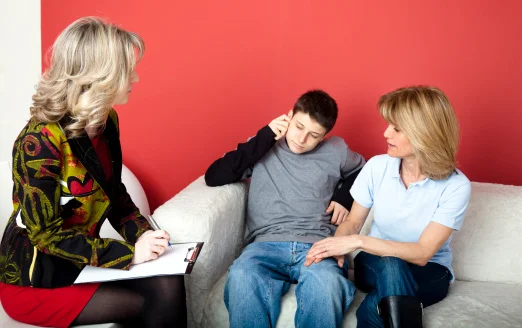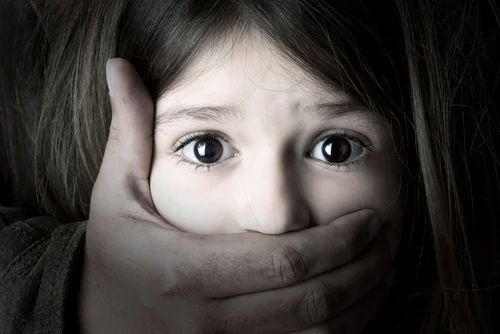+1 845 259 2974 (11 a.m to 7 p.m CST)
Avoid Child Abuse: Strengthen Teen-Parent Communication Now!

Children now have access to tools that can make or break them, inform them or expose them and parents are left to regulate its use in all walks of life. The world at large is a difficult place to be growing up in. Some can argue it’s an exciting time. On one hand we have quickly emerging new and novel modes of communication but on the other we have communication becoming more and more complicated. The social fabric of society has clearly undergone a change- -and is still continuously doing so. In this situation parents need to know how to prevent abuse.
Foraying into the world of the internet means that avenues of child abuse have also become more pronounced. Research clearly shows that children of all ages are susceptible to a number of abuse related problems when it comes to social networks, texting, and even random internet searching/surfing. The chances of them being abused by someone you know may is more than probable. So as a good parent, one must learn to recognize symptoms of child abuse.
Now this can be a difficult situation as no parent wishes to have their child subject to abuse, whether it be the physical, mental, or emotional kind. And no child deserves this either. The strongest way of combating any such issues is to build a strong communication based relationship with your child. Here are some ways that should help you with the prevention of child abuse.
Build Good Rapport
There really is no point in communicating anything of importance—or otherwise, with them if they aren’t comfortable speaking to you or even being spoken to by you. In cases of younger children, come down to their level and make eye contact. If they’re older then sit together, showing them you respect them as equals. Do not lecture or talk at them; rather try to engage them in equal dialogue. Make it clear you are willing to listen and would appreciate their input as well. Talk to them using the same tones, movements, and facial expressions that they use- -in other words mirror them. Remember, you need to make them feel comfortable and present yourself as a caretaker and not just an authoritative figure.
Be open when you talk
There is no need to hind behind vague sentences and subtle references when you are talking to your child. Whether they are preteens, teens, or younger, children are children at the end of the day and may not be able to get the point you are trying to make. If you want to warn your child about sexual predators or people that make them feel uncomfortable with some form of sexuality, tell them about it and further explain why you are telling them. Make sure that they know you trust them and that they can trust you. Further explain that abuse is not just physical.
They have rights and they must be respected. If anyone is not doing so, whether it be on an internet platform or a real life relative/acquaintance/friend, then you should be informed immediately. Being verbally open with your child will give them incentive to be verbally open with you, hence strengthening communication.
























